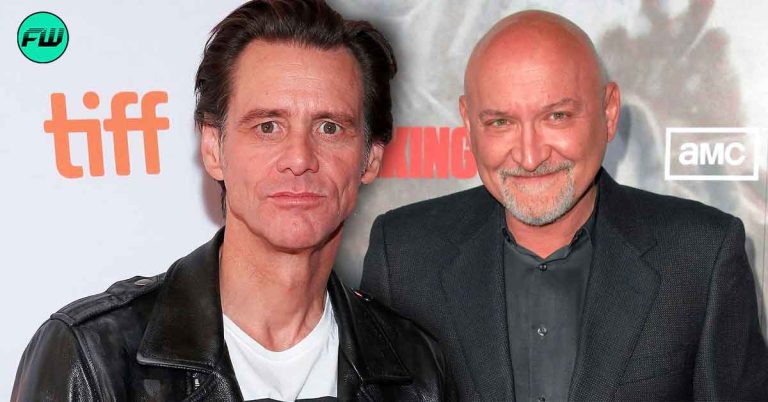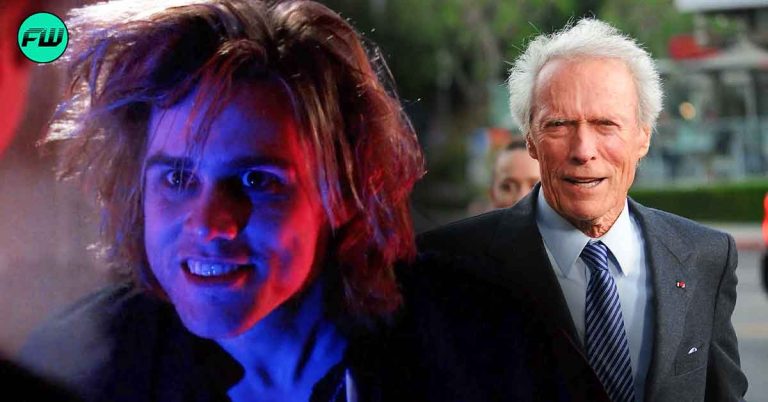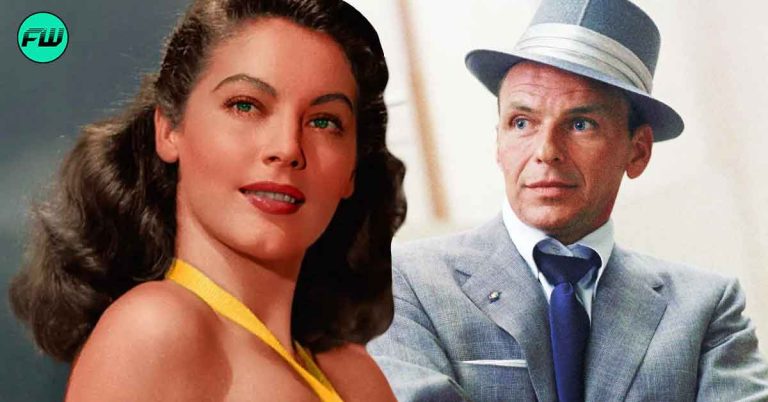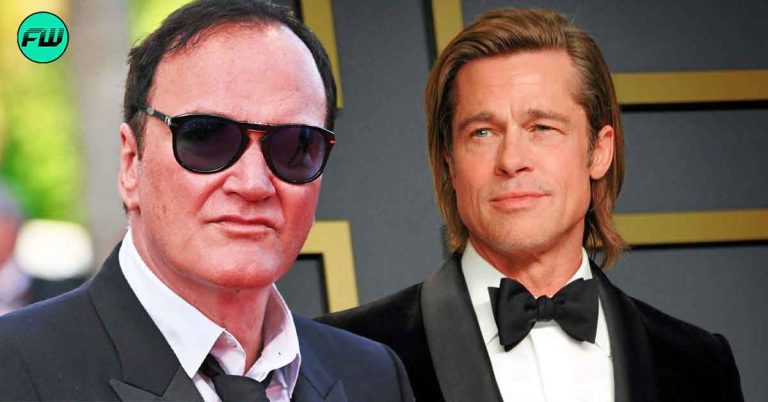Bill Hader, one of the greatest artists and comedians of the 21st century, was birthed from the live sketch comedy show, Saturday Night Live. For the 8 years of his stay on SNL, the show displayed an epic run, arguably the most terrifically brilliant era in the show’s history. Starring alongside some of the all-time favorites, including Tina Fey, Kristen Wiig, Kate McKinnon, and Kenan Thompson, Hader exuded an energy that was uniquely exceptional from the rest. And as all the greats do, he too had his own demons to fight over the course of those volatile 8 years.

Bill Hader Opens Up About His Struggles With Anxiety
From 2005 to 2013, Bill Hader starred as one of the most recognizable faces of Saturday Night Live – and as one of its top writers, performers, and comedians. The NBC series flourished in the decade, making it markedly one of the gilded eras in SNL’s long and illustrious history. And with its live performances etching a niche corner in primetime television, the demand for greatness superseded everything else – Bill Hader’s deteriorating mental health included.
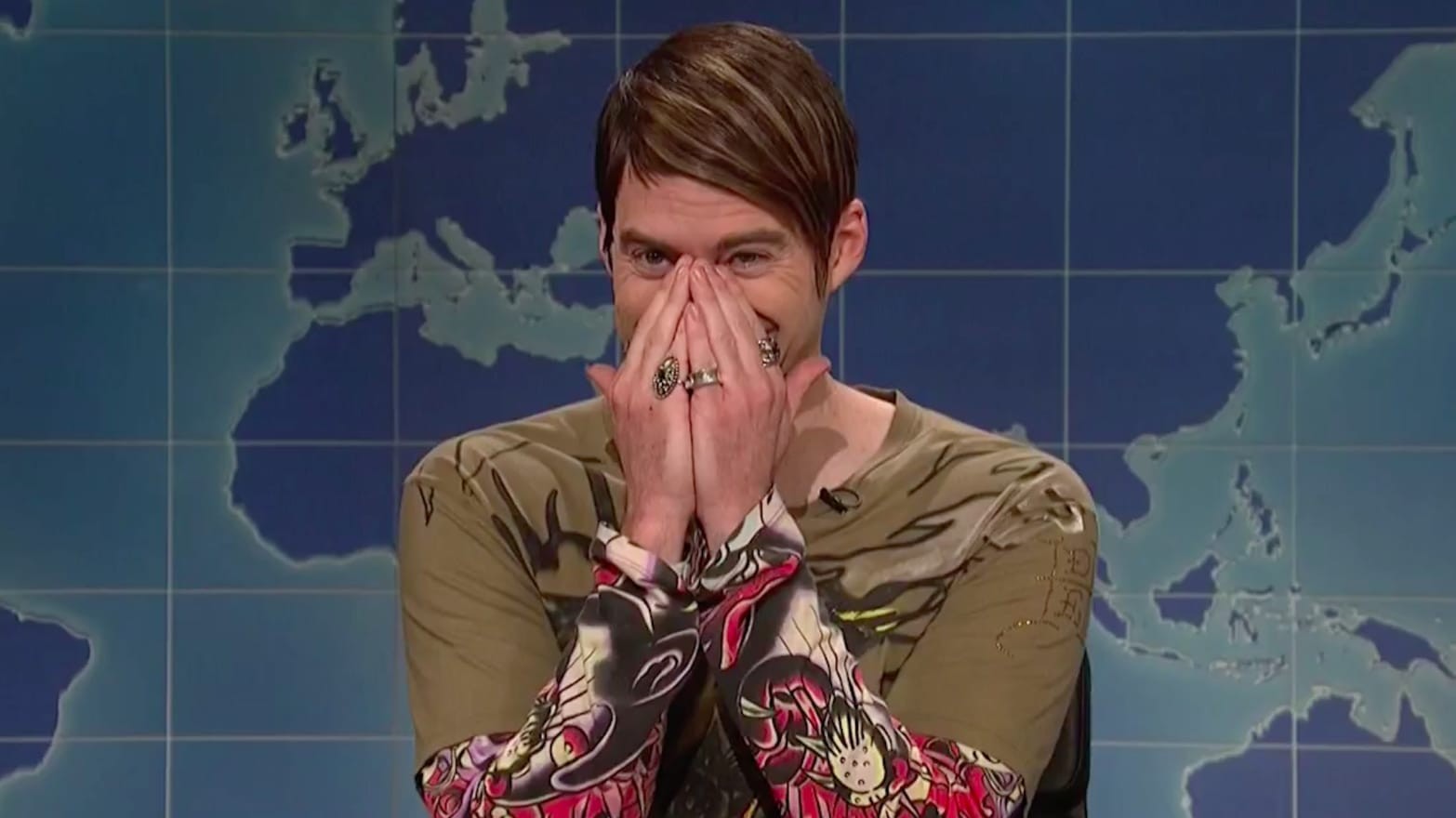
Also read: Saturday Night Live: 15 Shocking Moments That Were Totally Unscripted
In an interview with Empire, Hader recollected his journey on the show and what it was like to navigate the skits while strung out with panic and anxiety:
“To be honest, I was trying to ignore the anxiety. I wouldn’t even label it. I didn’t fully know it was anxiety until probably my last two seasons. It was like a secret, because I felt that everyone would just think that I was being really dramatic. So there was this bathroom on the eighth floor, and I would go in there and have these panic attacks. Maggie Carey — my wife at the time — would come down and we would do her [anxiety-relieving] Lamaze breathing in my dressing room. She was incredibly helpful during that time.
It was trying to move through my anxiety to get better at something. For each season, I would give myself a little goal that sometimes only I knew about. They started very modestly, like, ‘Be good in other people’s sketches.’ Then, midway through my era, it was things like getting a good original character on, because I couldn’t really get one that connected well.”

Soon after his SNL run, Bill Hader made his television entry with a lead role in HBO’s critically acclaimed drama, Barry. Playing a skilled assassin who hates his job and takes a liking to theatre and the performing arts while on the job, the award-winning show in many ways represented what the actor went through during his stay at the NBC sketch comedy show. Barry, the dark comedy, devised from the mind of Bill Hader, picked up a flurry of awards including multiple Emmys, Satellite, Peabody, Critics’ Choice, and the Writers Guild of America.
Media Sheds a Definitive Light on Mental Health in Youths
Mental health has recently become a commonplace subject – not only as a discourse of debate, discussion, and representation in media but also as an issue that has been elevated to one of the most critically urgent medical conditions in need of attention for the current generation of young adults and adolescents.

But before the topic rose out of its pit of taboo and shame, millions suffered in silence, with the fear of mockery or exile from social circles dominating the need to seek help or refuge. An even greater prevalent cause for the lack of treatment of the subject as an urgent and necessary one was the lack of exposure and representation of mental health among the masses – a problem that is being drastically remedied in the recent years of medical progress and development.
What Bill Hader managed to endure and channel into creativity throughout the course of a decade was a feat in itself. Artists, creators, actors, entertainers, athletes, and performers, have been, for a long time, navigating through severe crises of mental well-being, and using the platform to reach the millions who look up to them. It helps to streamline the discourse more judiciously in these times of instant information and media overload.
Barry is available for streaming on Max.
Source: Empire


